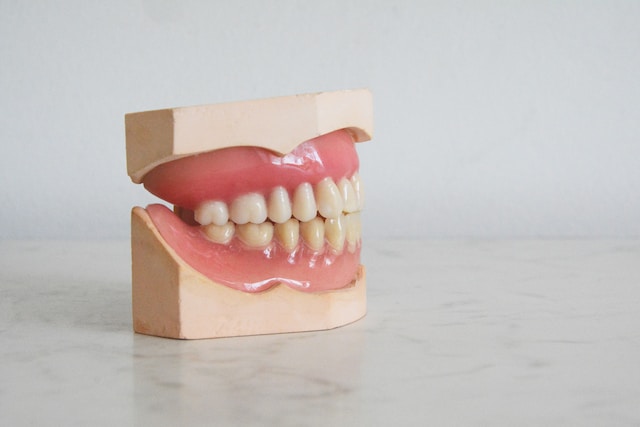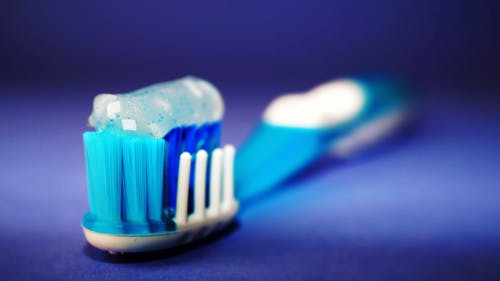Maintaining healthy and strong teeth is the best way to ensure they last throughout life.
Calcium can help combat acidity that wears away enamel and causes weak teeth. You can source calcium through low-fat milk, cheese and dark green leafy vegetables.

Brushing and Flossing
To keep your teeth in peak condition and avoid gum disease and other oral health complications, it is vital that you brush and floss regularly. At least twice per day using fluoride toothpaste will remove plaque build-up while freshening breath and maintaining overall oral health. While flossing helps remove bacteria that a toothbrush cannot reach; in turn preventing gum disease and other oral health conditions from occurring.
Plaque, the bacterial film that forms on teeth, can erode tooth enamel and lead to cavities if left unchecked, while also contributing to gum disease, leading to heart disease or other serious medical conditions. If left unattended, however, plaque can quickly form on your gums leading to gum disease that leads to heart conditions as well as other serious illnesses.
To prevent this from happening, it’s best to brush your teeth first before flossing – hold your toothbrush at an angled position and use short back-and-forth strokes with short backstrokes on each stroke of the brush bristle. After this step is completed, rinse your mouth out with water or mouthwash in order to eliminate debris and bacteria that have collected in your mouth, before flossing between each tooth and along the gumline – additionally it should also be done after every meal!
Avoiding Sugary Foods and Drinks
Sugar is the main food source for bacteria that produce acid that erodes teeth. Eliminating added sugar from your diet dramatically decreases their supply, protecting teeth.
While consuming some natural sugar is part of a balanced diet, excessive amounts can damage teeth. Sticky foods like dried fruit or muesli bars contain large quantities of sugar that cling to calcium deposits on teeth and lead to remineralisation processes that lead to decay of enamel and jaw bone.
As much as possible, opt for water over sugary beverages such as soft drinks, cordials and juices that contain added sugars in their ingredients list – but keep an eye on nutrition labels to be aware that certain food or beverage may contain hidden or added sugars like brown sugar, molasses honey glucose fructose maltose dextrose syrups etc.
Visiting Your Dentist Regularly
At least every six months, it is vitally important to visit your dentist for a full exam and cleaning. Dentists will be on hand to detect signs of gum disease, cancer and any other issues which might be difficult to detect as well as provide invaluable advice and information regarding dental health.
Visits to the dentist can also help prevent damaging habits like teeth grinding and tobacco use, both of which can lead to severe tooth decay and bone loss if left unchecked. By getting checked regularly it becomes much easier to catch problems early and prevent their progression.
Remember that visiting your dentist every six months may not be appropriate for everyone; some individuals such as smokers and those living with diabetes may require more frequent dental visits; in such instances, your physician will provide recommendations based on your specific smile needs.
Taking Calcium Supplements
Calcium is an essential mineral for maintaining strong teeth and bones. It’s especially crucial in helping babies and toddlers form their new teeth correctly as well as adults at risk of osteoporosis or tooth loss. Milk, cheese, yogurt, sour cream are excellent sources of calcium while you can also find plenty of it in leafy greens, tofu, and fortified cereals.
Phosphorus and Vitamin A are both key to combatting tooth decay, as they strengthen enamel. A diet high in phosphorus such as meat, fish, poultry, dairy products or diet rich in dairy may help strengthen enamel while Vitamin A-rich orange foods such as sweet potatoes or cantaloupe contain it to heal gums after brushing or flossing.
Consider taking your calcium supplements with Vitamin D supplements, which helps your body absorb and re-mineralize calcium. Vitamin D can be obtained either through eating fortified foods or sunbathing your skin.

Herschel focuses on the connection between dental health and overall aesthetics, providing practical tips and expert advice.







